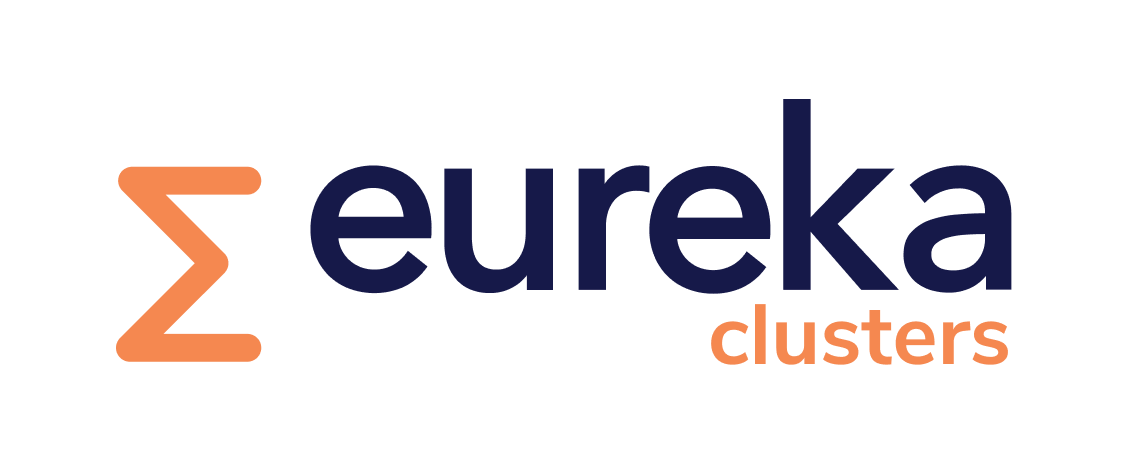NAVPIC
Project running
MainVerse
Project running
Ref: 2023016
Status: Running
Project Leader(s): Murat Merdin
The project MainVerse aims to provide a step change in the way the facility maintenance is performed. It aims to develop a metaverse-powered facility and maintenance digital twin with automated vehicle (UxV) inspection and AI-driven condition assessment.
It aims to solve a set of current maintenance problems, such as the high resource consumption (cost, in time and money), the physical hazardous nature of the assets to be inspected (safety), the distributed nature of the ecosystem which requires both digitization of the asset and addressing security, authenticity and confidentiality concerns.
The project proposes an innovative Platform-as-a-service (PAAS) for facility Inspection and Maintenance, based on metaverse and its underlying technologies (AI) that allows the coordination and control of autonomous vehicles (AxVs) in the inspection, the creation and updation of the facility Digital Twins, its secure sharing and analysis with remote engineering and inspection teams. It will also allow the automated condition classification through AI-driven analysis.
ADMIRED
Project running
Ref: 2023015
Status: Running
Project Leader(s): Andrew Lambert
The ADMIRED project aims to develop a full system capable of providing constant monitoring of Bipolar Disorder patients' relevant psychological and physiological conditions (such as mood, heart rate, motion, and sleep patterns), that together with a prediction-based system, creates a unique user profile to foresee patient relapses (both depressive and manic episodes). By doing so, the ADMIRED system will ensure that users, caregivers, and medical staff are warned in advance, enabling them to act accordingly to avoid a relapse which usually ends with patient hospitalization. With fewer relapses and hospitalizations, ADMIRED will improve patient and family life quality, as well as reduce the direct and indirect costs of the disease.
ADSIL
Project running
Ref: 2023036
Status: Running
Project Leader(s): Altug Ucar
Website: https://rekrom.com/
ADSIL aims to address the limitations of current Light Detection and Ranging (LIDAR) and camera technologies for autonomous driving. The project aims to develop a camera-integrated solid-state LIDAR sensor for use in autonomous driving systems. The sensor technology will be designed to be cost-effective and will use a unique measurement method. The project's main objectives include developing the sensor technology, developing a software for the function as intended, testing and validating the technology (hardware and software) through simulation and field testing, and ultimately commercializing the technology.
ELEVATION
Project running
Ref: 2023022
Status: Running
Project Leader(s): Marcel Dijkema
Website: https://xecsproject-elevation.eu/
The ELEVATION project addresses challenges in the field of Systems-of-Systems within live television and security. These application areas show a lot of similarities in terms of future challenges, the system architectures (heterogeneous distributed computation networks) and technologies that will help to tackle them.
ELEVATION will establish and demonstrate a reference architecture with standardized connectivity for audio-video into the cloud that is useable for scalable fog/cloud based SoS solutions in both broadcast and security. Research and development focus will be on (1) data encryption at sensor and camera level to support data authenticity in cloud-based architectures from the source; (2) Fail-safe compression while securing data authenticity on open networks; (3) inclusion of meta data to enable AI based new cloud-based processing applications in live television and High-End Security.
FA2IR
Project running
Ref: 2023042
Status: Running
Project Leader(s): Klaus Pressel
The FA2IR project will investigate important applications of Artificial Intelligence (AI) methods to databases in microelectronic failure analysis (FA). The target is to get these FA databases AI-ready and to develop improved FA4.0-AI-based methods, e.g. for image and measurement data analysis, text classification, etc.
Although AI is the subject of various FA-related publications, the approach of this project regarding the database landscape is unique due to the implementation of the FAIR-data principle (Findable, Accessible, Interoperable, Reusable).
This work will include deep-dive data evaluation, e.g. finding and labeling failures in images as well as finding analysis reports describing them. The novel methods will result in shorter development times for new products, a faster and exacter reaction to field failures, as well as improved collaboration between partners of the value chain by an open approach.



